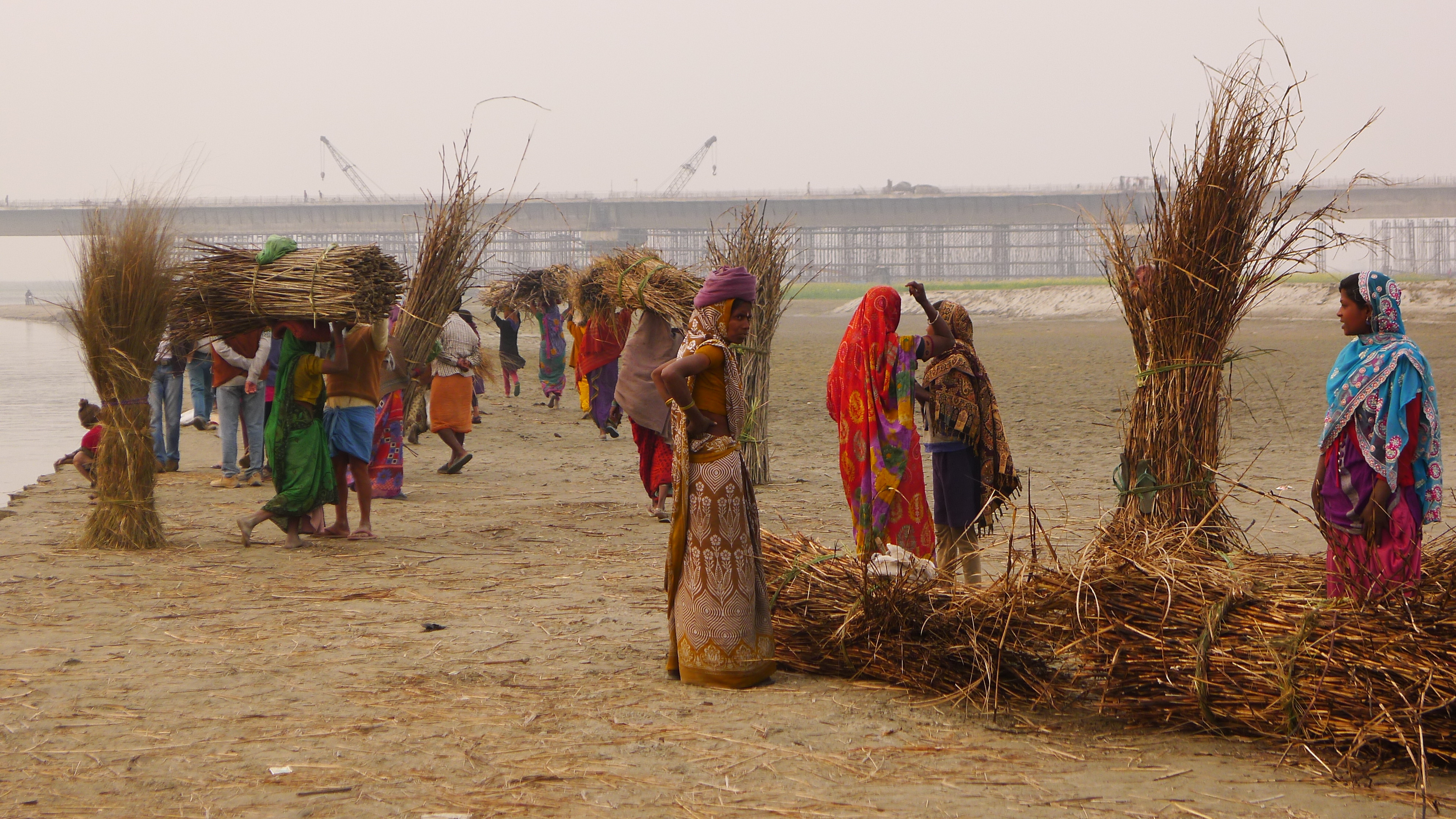
The course aims to inspire PhD candidates to critically engage with contemporary scholarship and debates on decolonisation and explore how it can shape and enrich their current research. The course is open to Netherlands-based students at higher education institutions affiliated with the SENSE network (who get a discounted tuition fee) and also other Dutch Universities unaffiliated with the SENSE network. It targets students of engineering, and natural and social sciences who are engaged with research on environmental issues - involving sectors such as water, forests, agriculture, and more. We especially encourage Netherlands-based women candidates and students from post-colonial countries from Africa, Asia, and Latin America to apply. The course is divided into three segments, each engaging with critical aspects of doctoral research: theory, methodology, and fieldwork (see schedule). The course also includes a day-long field trip in the Netherlands to understand how colonialism shaped the development of Western science and a screening of a docu-film that opens up questions on modernity and development in the context of the dispossession of Indigenous people and the erasure of plural knowledge traditions.
- Module/Course coordinator: Amitangshu Acharya